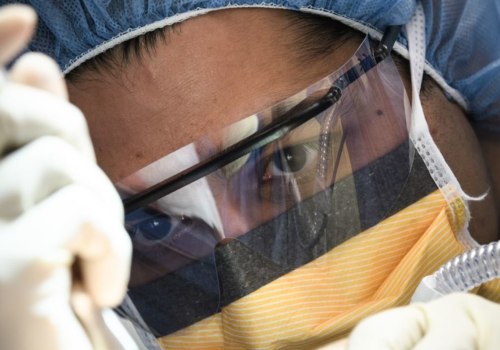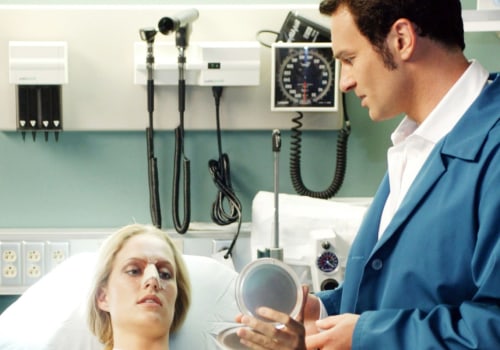The name does not come from the synthetic substance but from the Greek word plastikos, which means to form or mold (and which also gives its name to the plastic material).
Plastic surgery
is a special type of surgery that can change a person's appearance and ability to function. Plastic surgery is sometimes confused with reconstructive surgery, but they are two different things. A simplistic definition is that plastic surgery is for aesthetic purposes and reconstructive surgery is to correct some type of deformity.For example, people who are not happy with the appearance of facial sagging can undergo a facelift to tighten the skin. A person whose face was disfigured due to skin cancer would be a good candidate for reconstructive surgery. Although these types of surgeries are known as “plastic surgery”, the term has no real connection to the “plastic” you know today. The term, like many other words in the English language, is derived from Greek.
Coined from the Greek word plastikos, which means to shape or shape something, the term plastic surgery was first used in the 19th century to describe the process in which doctors and surgeons reshaped or shaped body tissue. With the desire to change or improve our appearance, plastic surgery is one of the first forms of medicine. A big problem for many people is that a cosmetic surgeon and a plastic surgeon can be combined. But while cosmetic surgery is a type of plastic surgery, cosmetic surgeons can only perform cosmetic procedures, explains Dr.
Alan Matarasso, President of the American Society of Plastic Surgeons (ASPS). The number of people undergoing cosmetic procedures has steadily increased over the past five years and there are several reasons why. The training, experience, and knowledge required to become a board-certified cosmetic surgeon reflect a specialization that goes beyond what is needed to earn board certification in a related discipline, such as plastic surgery. The American Society of Plastic Surgeons (ASPS) is the other major society that certifies plastic surgeons.
Plastic surgery deals with “the repair, reconstruction or replacement of various parts of the body to alter, change or improve these structures. Reconstructive surgery generally refers to surgery that is required to help correct functional deficiencies caused by injuries, burns, genetic defects, cancers, and more. If you are interested in any of the procedures offered by the wide world of plastic surgery, it is essential that you consult a medical professional who is trusted and trained for all your plastic surgery needs. Doctors who label themselves as “aesthetic doctors”, unlike cosmetic surgeons, may have some training in one or a few cosmetic procedures.
In a survey of 5,135 people, 87 percent believed that surgeons had to have special credentials and training to perform cosmetic procedures or to advertise as cosmetic, cosmetic or plastic surgeons. Since cosmetic surgery and plastic surgery have different practice objectives based on a specific set of procedures, it only follows that the training and certification process for a board-certified cosmetic surgeon will be very different from that of a board-certified plastic surgeon. Plastic surgery is aimed at correcting dysfunctional areas of the body and is, by definition, of a reconstructive nature. Matarasso, who only performs cosmetic procedures, sees daily patients who had a procedure but were not ideal candidates for it.
If you've always thought that cosmetic surgery and plastic surgery were one and the same thing, you're not alone. Choose a board-certified plastic surgeon and trust they are in the care of a highly trained surgeon you can trust. It is a common misconception that plastic surgery was so named because of the materials used in certain procedures, such as breast implants. .







